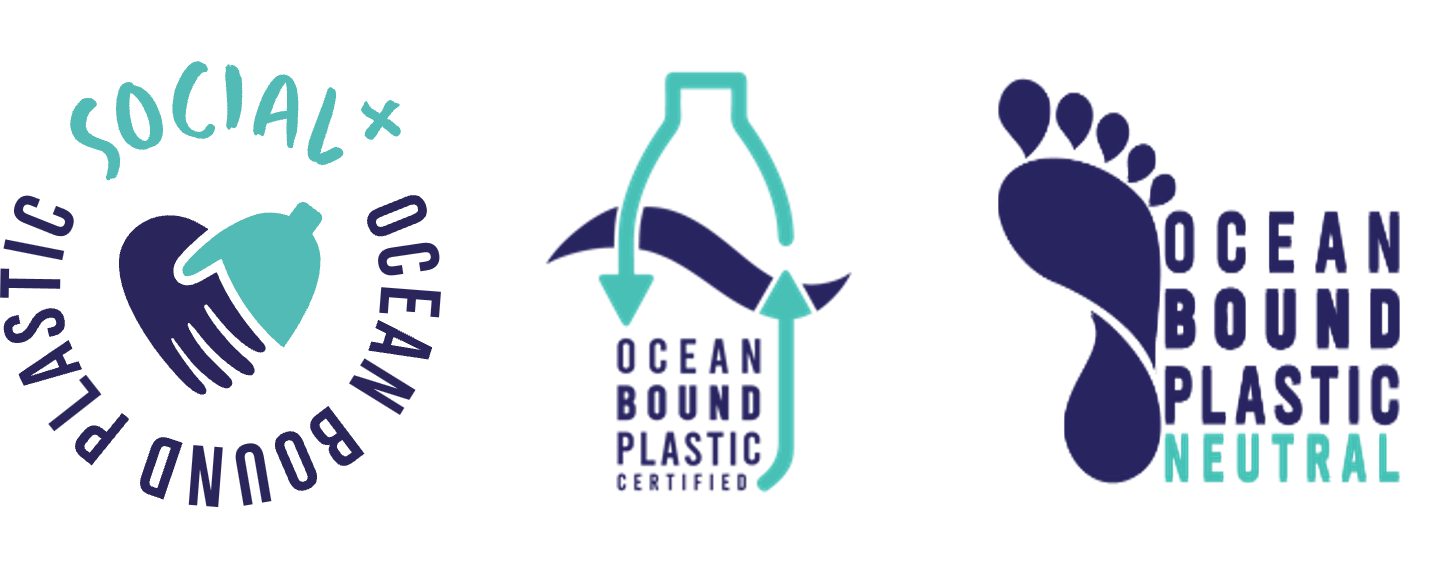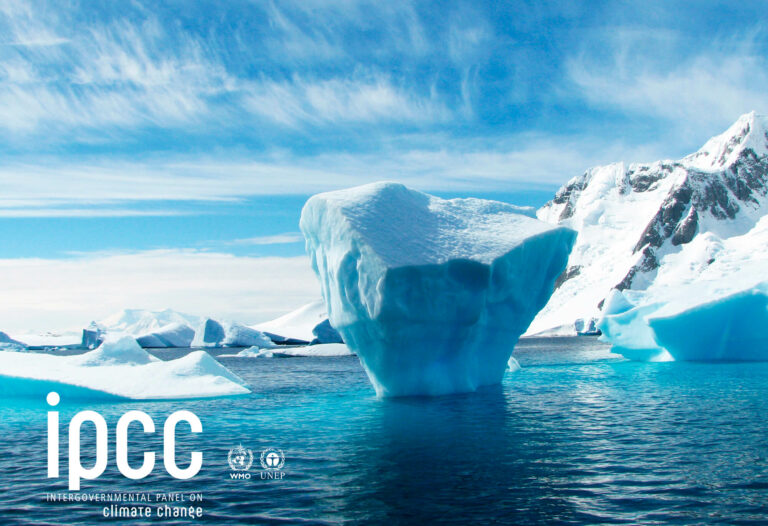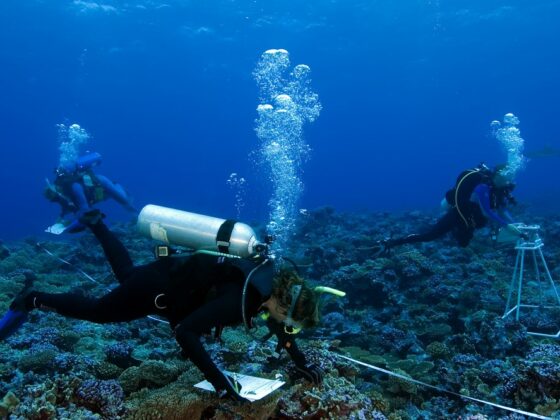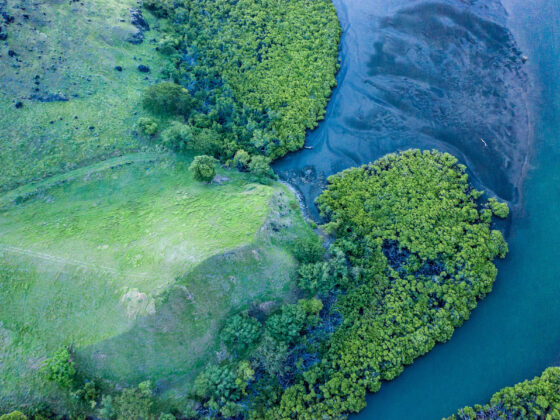In August 2021, the Intergovernmental Panel on Climate Change (IPCC) launched its Sixth Assessment Report, highlighting the consequences of climate change on the ocean, the coastlines and coastal communities. What are the key findings of this report?
In an effort to help increase international ambition towards the protection of the environment, the IPCC launched a new report featuring the most up-to-date physical understanding of the climate system. The report projects that climate changes will increase in all regions, affecting the ocean and marine resources. Large-scale changes in oceanic systems (temperature and acidification) will cause damages to livelihoods, cultural identity and health for coastal communities at 1.5°C.
Key findings of the report mentioned that:
- Abrupt climate change events could contribute an additional 1 metre of sea rise
level. - Marine heatwaves will continue to increase in frequency, duration and intensity.
- The chemistry of the ocean is changing: oxygen levels have dropped which can
formd ead zones where marine life cannot be sustained. - Ocean warming dominates the energy inventory change.
As a matter of fact, human activities directly impact climate changes, such as the production and mismanagement of plastic waste. According to the IPCC, the production and incineration of plastic will pump more than 850 million tonnes of greenhouse gases. The infiltration of microplastics into the ocean also disrupts its capacity to act as a natural carbon sink.
Acting to protect our coasts and coastal communities from the effect of climate change is more than needed. At Zero Plastic Oceans, we are committed to restore our rivers and shorelines through the collection of ocean bound plastic, as well as the recycling of plastic waste. These measures will help to ban plastic pollution and, in the long term, the production of virgin plastic.
Know more about OBP certifications : https://www.obpcert.org
